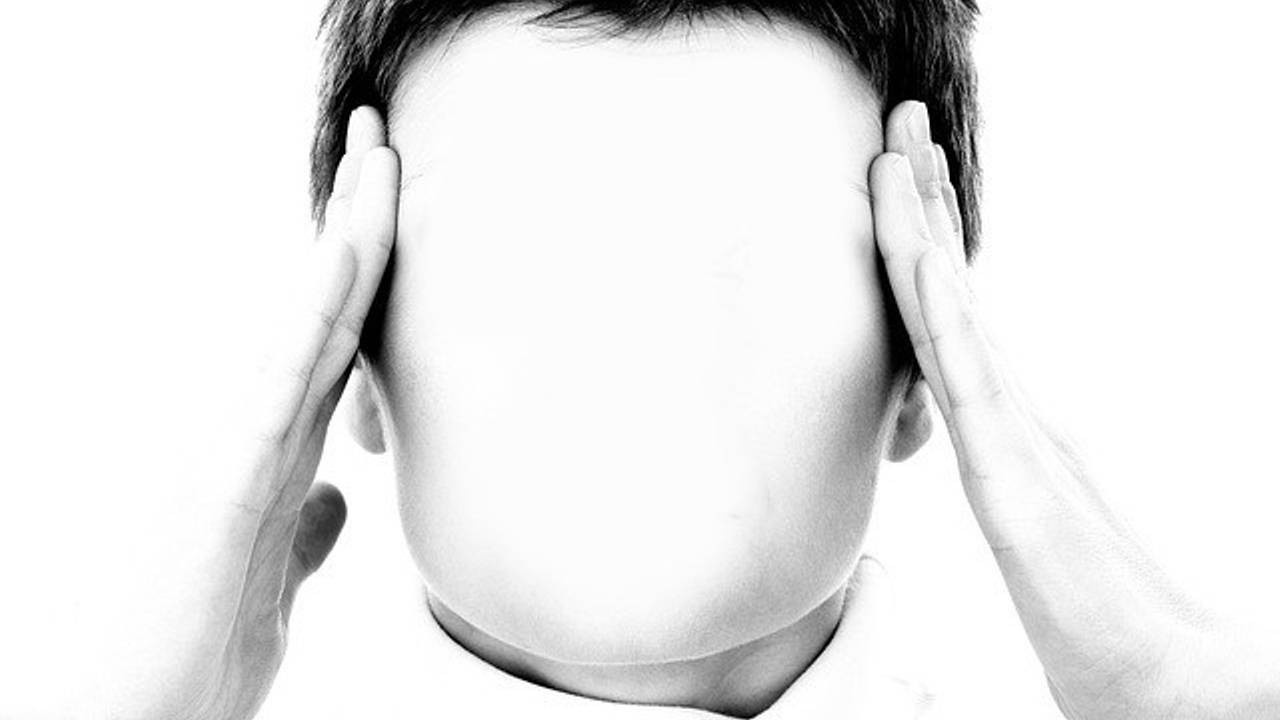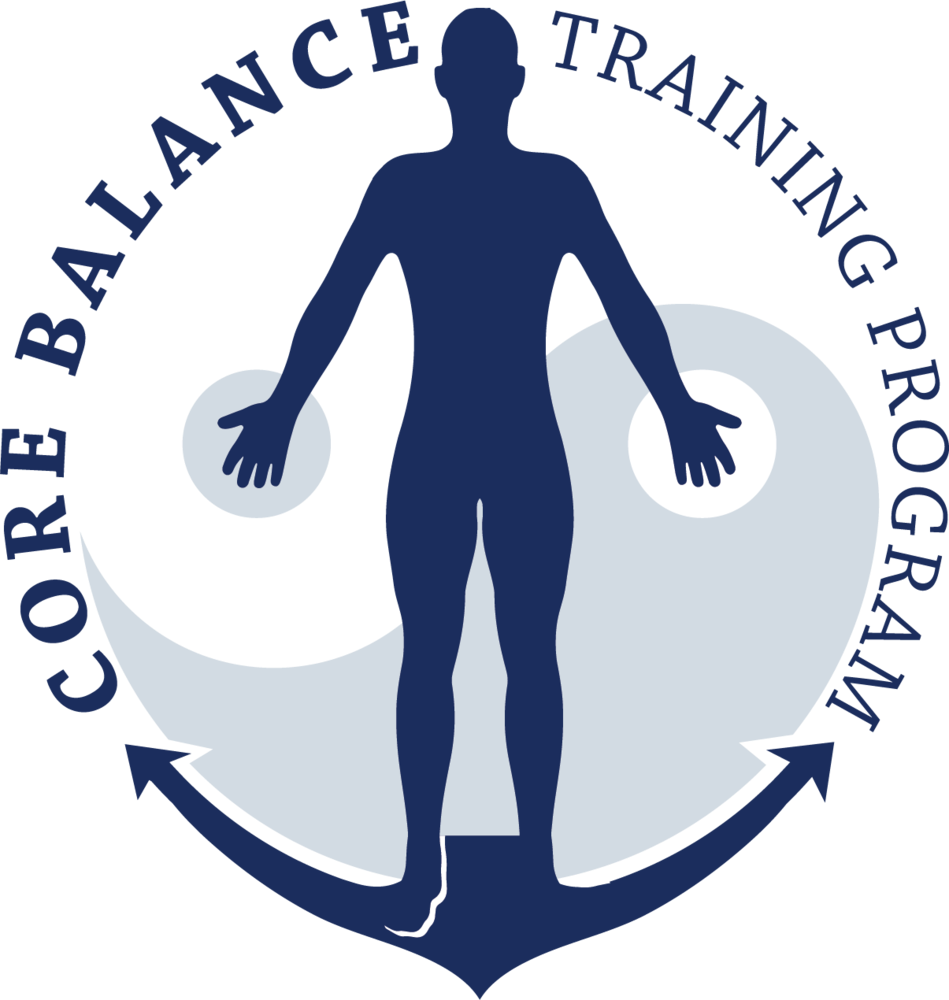
Written by Dr. Ryan Peebles, DPT
We hold stress in our bodies.
Stress is a powerful energy. We all have stress. We all process it differently. Depending on how we process it, stress has an uncanny ability to present itself in physical form in our bodies. Whether that be through headaches, high blood pressure, shallow breathing, increased heart rate, fatigue, loss of appetite, grey hairs, wrinkles, or illness. You name it, stress can manifest itself in any number of ways. One common manifestation of stress is muscle tension.
A lot of the symptoms listed above are actually a result of stress induced muscle tension. You may have heard of tension headaches? This is from the tension people hold in their neck muscles. Personally, I tend to hold stress in the front of my hips, or my hip flexor muscles. This is a common area and has a direct impact on the lower back.
Let’s go deeper
Hopefully you’re on the same page with me that stress makes us more tense. Well over time, chronic stress leads to more long term changes in the tension (tone) of our muscles. When a resting muscle holds more tension (think of a guy wire), it becomes out of balance with the other muscles around it. This is called a muscle imbalance. Muscle imbalances lead to improper body mechanics and pain. Let me explain this a tiny bit more.
Your muscles all work together to hold your bones and joints in place by the amount of tension they hold at rest (called tone). With muscle imbalances, your joints are no longer being held in the most optimally congruent position. This leads to increased friction with movement. With increased friction, your joints wear down quicker than usual (aka. arthritis or degeneration). Your body tries to communicate this to you the only way it knows how, through pain. That’s how stress can lead to back pain.
“You’re only as strong as your weakest link”
There’s one more point I’d like to make. The lower back is one of the most common sites of pain, but these same muscle imbalances could lead to pain anywhere in the body. Your weakest link is what takes the biggest hit when there’s an imbalance in your body.
The lower back is so common because it’s intimately connected with our core, which is highly prone to muscle imbalances. The discs in your spine are each joints and undergo a lot of strain when your core is out of balance. However, these same muscle imbalances are what could be causing someone else’s knee pain, hip pain, neck pain and so on. Wherever the pain is, the root cause and the solution may very well be the same. Balance your core.
